What would you say if someone were to call you an otaku? These days, people’s responses would likely fall into one of two extremes: “Hell, yeah! I’m a huge [insert hobby here] otaku!” or “Screw you! I have a life!”
Some might argue that the latter response is more likely to come from a true otaku, but very rarely do you hear someone admit to being an otaku with the nonchalant cadence of someone saying, “I’m a claims adjuster.” There’s always at least hint of bias in their tone whether its pride or embarrassment.
And yet such an emotionally charged label is still in debate with regards to its definition. To try to make sense of what an otaku is and whether it’s a good or bad thing, let’s start by looking at reasons people might say they aren’t an otaku. The following are four types of denial you might hear when calling someone an otaku as concocted by Japan’s Excite News.
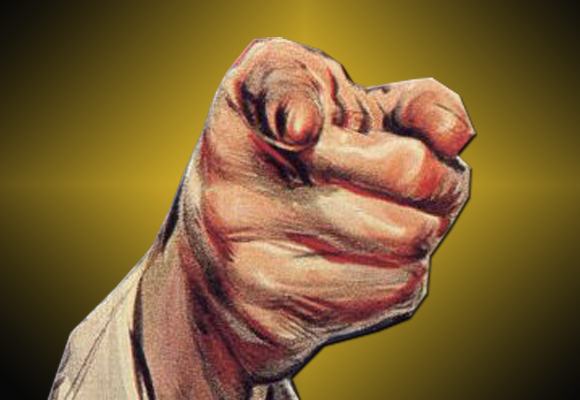

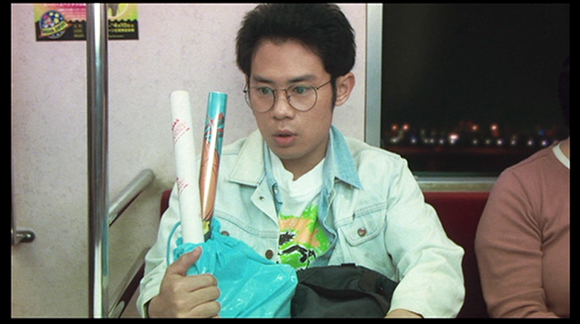
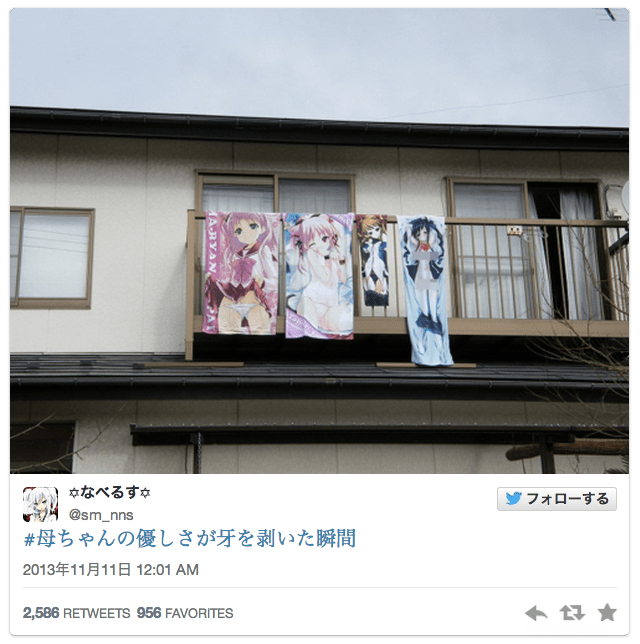
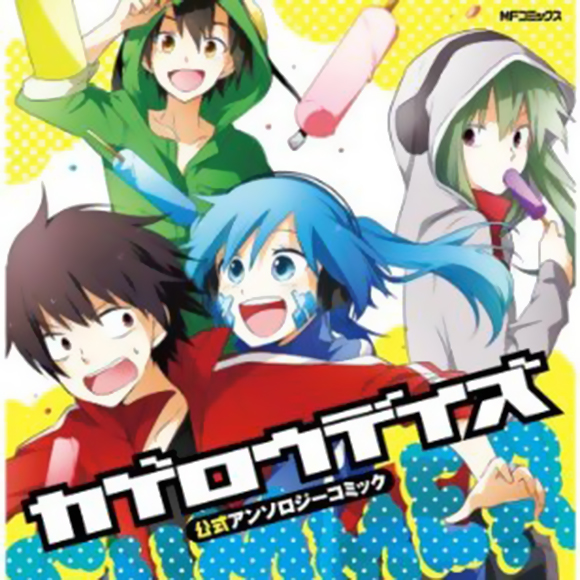
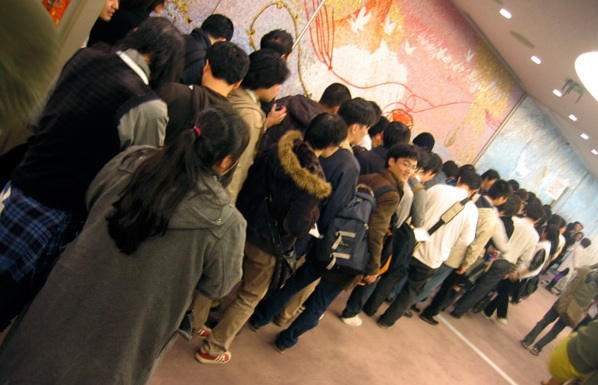
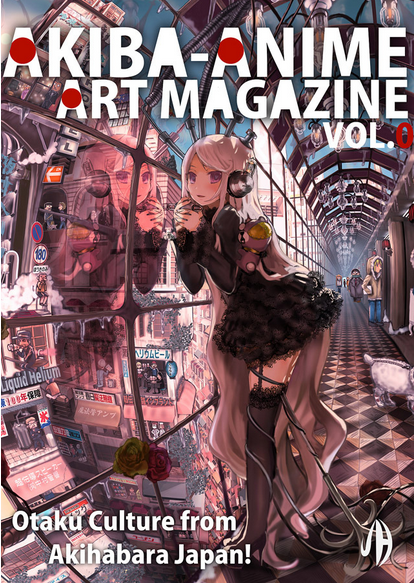
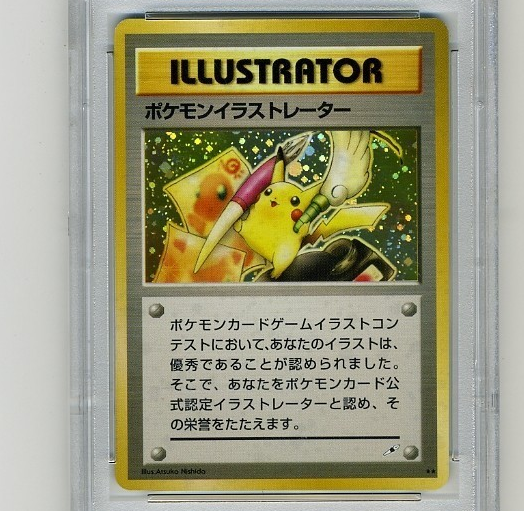
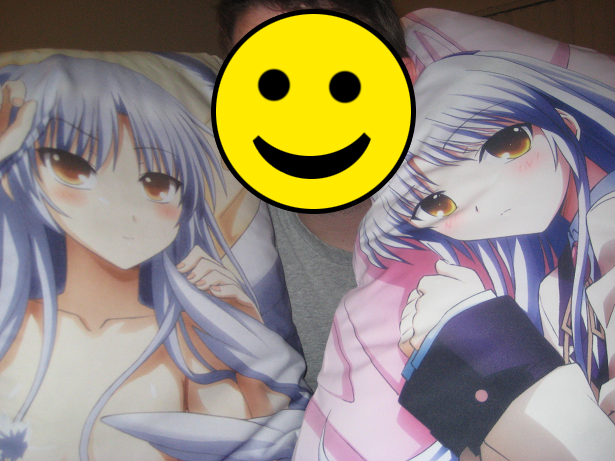
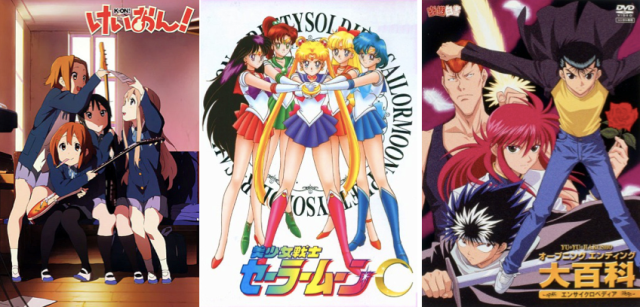

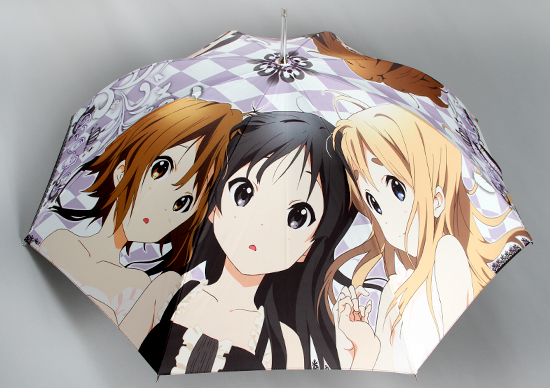

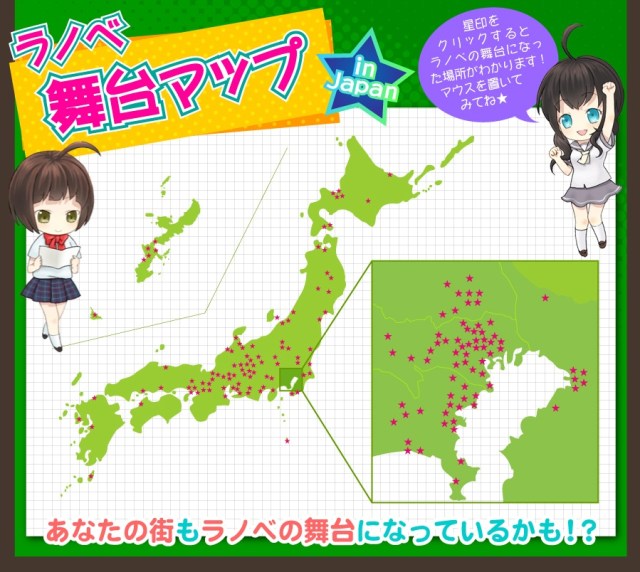
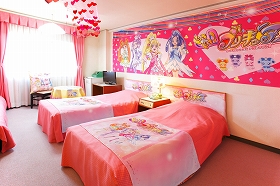
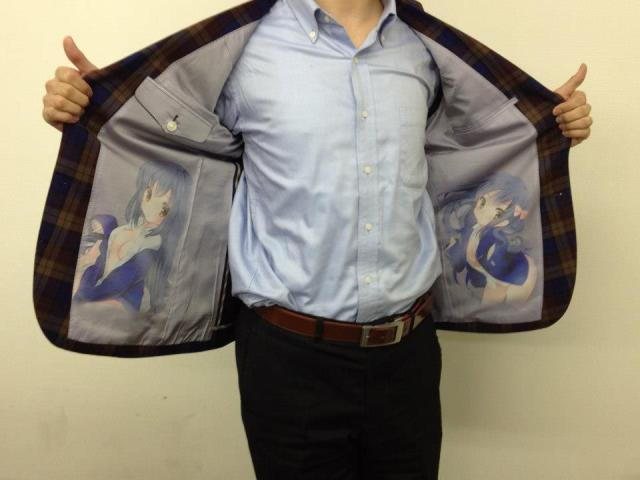
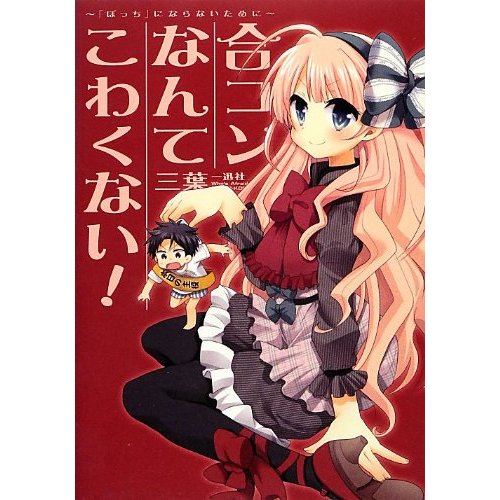

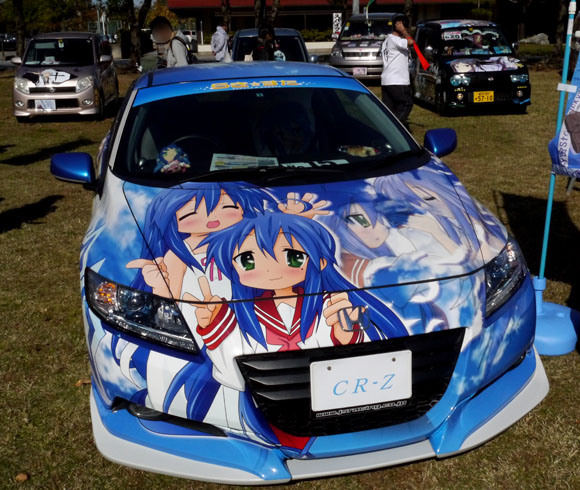
 Japan’s newest Shinkansen has no seats…or passengers [Video]
Japan’s newest Shinkansen has no seats…or passengers [Video] Foreigners accounting for over 80 percent of off-course skiers needing rescue in Japan’s Hokkaido
Foreigners accounting for over 80 percent of off-course skiers needing rescue in Japan’s Hokkaido Starbucks Japan releases new sakura goods and drinkware for cherry blossom season 2026
Starbucks Japan releases new sakura goods and drinkware for cherry blossom season 2026 Sanrio changes Hello Kitty lead designer for first time in 46 years
Sanrio changes Hello Kitty lead designer for first time in 46 years New Family Mart cinema opens inside Japanese airport
New Family Mart cinema opens inside Japanese airport Our reporter is willing to die on the pseudo-Italian restaurant Olive Hill
Our reporter is willing to die on the pseudo-Italian restaurant Olive Hill Japan has omurice chocolate, and the weirdest thing isn’t how it tastes
Japan has omurice chocolate, and the weirdest thing isn’t how it tastes Downloads of 39-year-old Guns N’ Roses song increase 12,166 percent thanks to Gundam
Downloads of 39-year-old Guns N’ Roses song increase 12,166 percent thanks to Gundam Is a snow day the perfect day to beat the crowds at a popular ramen restaurant? [Experiment]
Is a snow day the perfect day to beat the crowds at a popular ramen restaurant? [Experiment] Is China’s don’t-go-to-Japan warning affecting the lines at a popular Tokyo gyukatsu restaurant?
Is China’s don’t-go-to-Japan warning affecting the lines at a popular Tokyo gyukatsu restaurant? Three beautiful places to see Japan’s plum blossoms after starting your day in downtown Tokyo
Three beautiful places to see Japan’s plum blossoms after starting your day in downtown Tokyo A look back on 40 years of Japanese schools banning stuff
A look back on 40 years of Japanese schools banning stuff Take a trip to Japan’s Dododo Land, the most irritating place on Earth
Take a trip to Japan’s Dododo Land, the most irritating place on Earth Man arrested in Japan after leaving car in coin parking lot for six years, racking up three-million-yen bill
Man arrested in Japan after leaving car in coin parking lot for six years, racking up three-million-yen bill Huge Evangelion Unit-01 head appearing in lights in Japan to celebrate anime’s 30th anniversary
Huge Evangelion Unit-01 head appearing in lights in Japan to celebrate anime’s 30th anniversary Starbucks Japan releases new drinkware and goods for Valentine’s Day
Starbucks Japan releases new drinkware and goods for Valentine’s Day Japan releases first official sakura cherry blossom forecast for 2026
Japan releases first official sakura cherry blossom forecast for 2026 Archfiend Hello Kitty appears as Sanrio launches new team-up with Yu-Gi-Oh【Pics】
Archfiend Hello Kitty appears as Sanrio launches new team-up with Yu-Gi-Oh【Pics】 China’s don’t-go-to-Japan warning looks to be affecting tourist crowds on Miyajima
China’s don’t-go-to-Japan warning looks to be affecting tourist crowds on Miyajima Studio Ghibli releases new “komorebi” plush toys from Princess Mononoke and Spirited Away
Studio Ghibli releases new “komorebi” plush toys from Princess Mononoke and Spirited Away Yokai are descending upon Tokyo this spring in the latest immersive art experience
Yokai are descending upon Tokyo this spring in the latest immersive art experience Japan’s Naruto theme park now offering real-world version of Minato’s kunai ninja weapon
Japan’s Naruto theme park now offering real-world version of Minato’s kunai ninja weapon Survey asks foreign tourists what bothered them in Japan, more than half gave same answer
Survey asks foreign tourists what bothered them in Japan, more than half gave same answer Japan’s human washing machines will go on sale to general public, demos to be held in Tokyo
Japan’s human washing machines will go on sale to general public, demos to be held in Tokyo We deeply regret going into this tunnel on our walk in the mountains of Japan
We deeply regret going into this tunnel on our walk in the mountains of Japan Studio Ghibli releases Kodama forest spirits from Princess Mononoke to light up your home
Studio Ghibli releases Kodama forest spirits from Princess Mononoke to light up your home Major Japanese hotel chain says reservations via overseas booking sites may not be valid
Major Japanese hotel chain says reservations via overseas booking sites may not be valid Put sesame oil in your coffee? Japanese maker says it’s the best way to start your day【Taste test】
Put sesame oil in your coffee? Japanese maker says it’s the best way to start your day【Taste test】 No more using real katana for tourism activities, Japan’s National Police Agency says
No more using real katana for tourism activities, Japan’s National Police Agency says Starbucks Japan reveals new sakura drinkware collection, inspired by evening cherry blossoms
Starbucks Japan reveals new sakura drinkware collection, inspired by evening cherry blossoms Our reporter is willing to die on the pseudo-Italian restaurant Olive Hill
Our reporter is willing to die on the pseudo-Italian restaurant Olive Hill Japan has omurice chocolate, and the weirdest thing isn’t how it tastes
Japan has omurice chocolate, and the weirdest thing isn’t how it tastes Downloads of 39-year-old Guns N’ Roses song increase 12,166 percent thanks to Gundam
Downloads of 39-year-old Guns N’ Roses song increase 12,166 percent thanks to Gundam Is a snow day the perfect day to beat the crowds at a popular ramen restaurant? [Experiment]
Is a snow day the perfect day to beat the crowds at a popular ramen restaurant? [Experiment] Satisfy your sweet tooth with cheesecake and more all-you-can-eat sweets at Cheese Garden
Satisfy your sweet tooth with cheesecake and more all-you-can-eat sweets at Cheese Garden Testing Japan’s fluffy mayonnaise pancake cooking hack【SoraKitchen】
Testing Japan’s fluffy mayonnaise pancake cooking hack【SoraKitchen】 McDonald’s Japan hack: What happens when you put an apple pie inside a Big Mac?
McDonald’s Japan hack: What happens when you put an apple pie inside a Big Mac? Where’s the very best seat to sit in on Japan’s Shinkansen? Our expert has an answer
Where’s the very best seat to sit in on Japan’s Shinkansen? Our expert has an answer Mt Fuji and Raijin and Fujin lingerie sets let you wear your love for Japan under your clothes
Mt Fuji and Raijin and Fujin lingerie sets let you wear your love for Japan under your clothes Shimane has a secret hot spring town that feels like stepping into an old Japanese film
Shimane has a secret hot spring town that feels like stepping into an old Japanese film 11 different ways to say “father” in Japanese
11 different ways to say “father” in Japanese Cherry blossom forecasts map shows Japan’s OTHER sakura season is starting right now
Cherry blossom forecasts map shows Japan’s OTHER sakura season is starting right now We try out “Chan Ramen”, an underground type of ramen popular in the ramen community
We try out “Chan Ramen”, an underground type of ramen popular in the ramen community